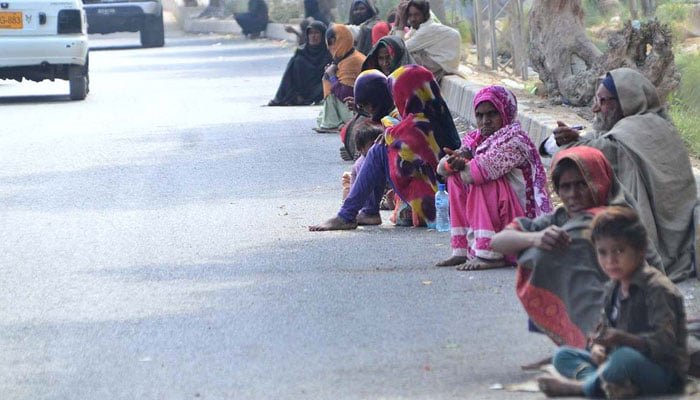
Pakistan Poverty Crisis: Pakistan’s Beggary Crisis Reaches Alarming Proportions
Staggering Statistics Reveal Deep-Rooted Social Problem
Recent data indicates Pakistan’s beggar population has surpassed 38 million individuals, creating an estimated $42 billion (PKR 11.76 trillion) annual economic drain on the nation. The demographic breakdown shows women constitute the majority at 55%, followed by children at 27%, men at 12%, and surprisingly, 6% white-collar professionals. These figures underscore a systemic social welfare crisis extending beyond traditional poverty demographics.
Beggary Transforms Into Organized Economic Activity
Social analysts report that begging has evolved from individual survival tactics into a highly structured, competitive industry. Poverty remains the primary driver, compounded by chronic unemployment and inadequate social safety nets. However, researchers note the emergence of sophisticated begging networks that exploit vulnerable populations while generating substantial illicit revenues for organizers. This professionalization of beggary presents unique challenges for law enforcement and social service agencies.
Calls for Comprehensive Policy Interventions
The crisis demands urgent multi-sector reforms, according to economists and policymakers. Key recommendations include:
- Expanding vocational training and education access to break intergenerational poverty cycles
- Creating sustainable employment opportunities through public-private partnerships
- Strengthening social protection programs for at-risk groups
- Implementing stricter enforcement against organized begging rings
Experts emphasize that without systemic changes, the economic and social costs will continue escalating, further straining Pakistan’s development prospects.







